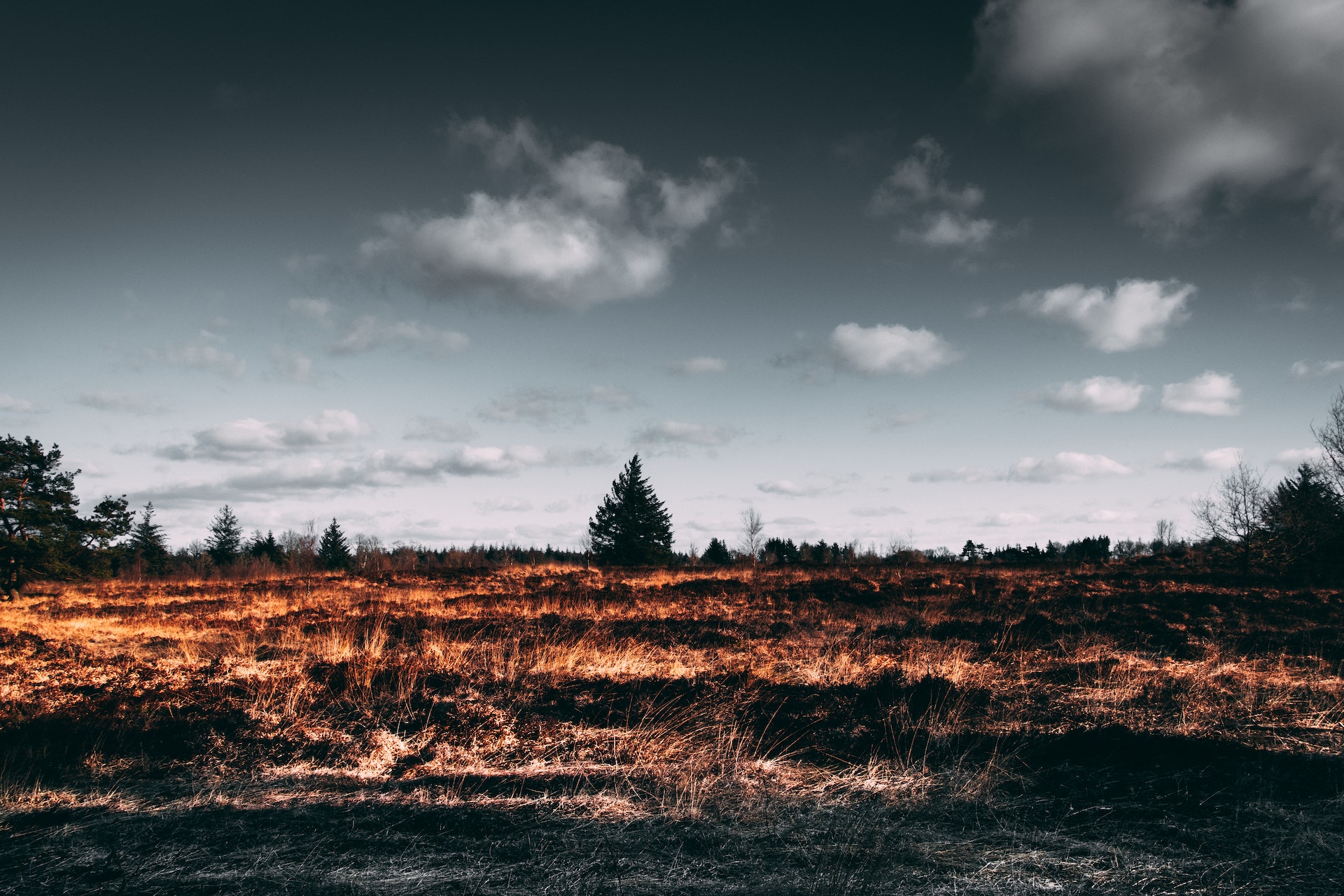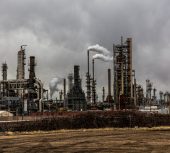The Clean Air Act was designed to ensure the health and safety of Americans by regulating the pollution levels in the air. However, a little-known loophole has been compromising air quality for millions.
In an era marked by environmental crises and escalating concerns about air quality, a major investigation has unveiled a disturbing trend in the US. A loophole in the Clean Air Act has allowed the Environmental Protection Agency (EPA) to overlook pollution levels in over 70 counties, leading to over 21 million Americans breathing dirtier air than they realize.
The Exceptional Events Rule
At the center of this controversy lies the “exceptional events rule”. Originally conceived to account for pollution arising from "natural" or "uncontrollable" events such as wildfires, this provision is now reportedly being abused by regulators to manipulate clean air records. The California Newsroom, in partnership with MuckRock and the Guardian, has brought these alarming findings to light, showcasing how data manipulation is overshadowing the real health risks posed by pollution.
It's worth noting that exceptional events, while originally fewer in number, have surged in recent years, coinciding with a global rise in temperature and associated environmental issues. As per the investigation, since the EPA's last revision in 2016, local regulators in 21 states have submitted requests to forgive pollution, with 20 of these states receiving approval. This translates to almost 700 exceptional events noted, and adjustments made in 139 of them.
Corporate Interests and Regulatory Decisions
Complicating matters is the growing involvement of industry lobbyists. In over half the states where pollution due to exceptional events was forgiven, industry stakeholders played a pivotal role, sometimes as the only public voice in the process.
Meeting air quality standards has significant implications for industries and politicians. Adhering to stricter, potentially expensive pollution controls can be an unwelcome prospect for many businesses. Eric Schaeffer, a former regulator who now heads the Environmental Integrity Project, emphasizes the importance of transparency, stating, "You need to level with the public about the number of days when the air quality was unhealthy."
The Growing Challenge of Wildfires
Climate change, marked by a global rise in temperatures, has led to an increase in natural calamities, with wildfires topping the list. Smoke from these fires has been identified as a complex pollutant, containing everything from soot and ash to hydrocarbons. This "toxic soup" poses significant health risks and can persist in the atmosphere for weeks, traveling vast distances.

The investigation's data analysis reveals a concerning trend: the number of wildfire-related bad air days excluded from regulatory considerations has nearly doubled compared to those caused by high winds. Moreover, the rule was applied extensively to monitor readings spanning multiple days.
A Glimpse Into A Smoky Future
Recent instances from areas like California's Nevada county highlight the grim reality many regions might soon face. Rising ozone levels, warmer temperatures, and increasing vehicular traffic have set the stage for worsening air quality. Added to this is the pancake effect of wildfire smoke settling in, awaiting a shift in conditions.
Though officials at the California air resources board assert that state law is geared towards mitigating climate change impacts, the reliance on the exceptional events provisions suggests otherwise.
The Need For Transparent Governance
For many Americans, such as Maitreyi Siruguri, who moved from California to Illinois to escape the smoke's adverse effects, the situation is dire. As they navigate an increasingly polluted environment, clarity and honesty from the government are paramount.
"The worst possible outcome is lying to the American people about whether the air they breathe is safe or unsafe," warns John Walke of the NRDC. As this investigation brings these regulatory oversights to the fore, the onus now rests on the authorities to act decisively and restore public faith in their commitment to clean air and health.
©GlobalCO2.uk





